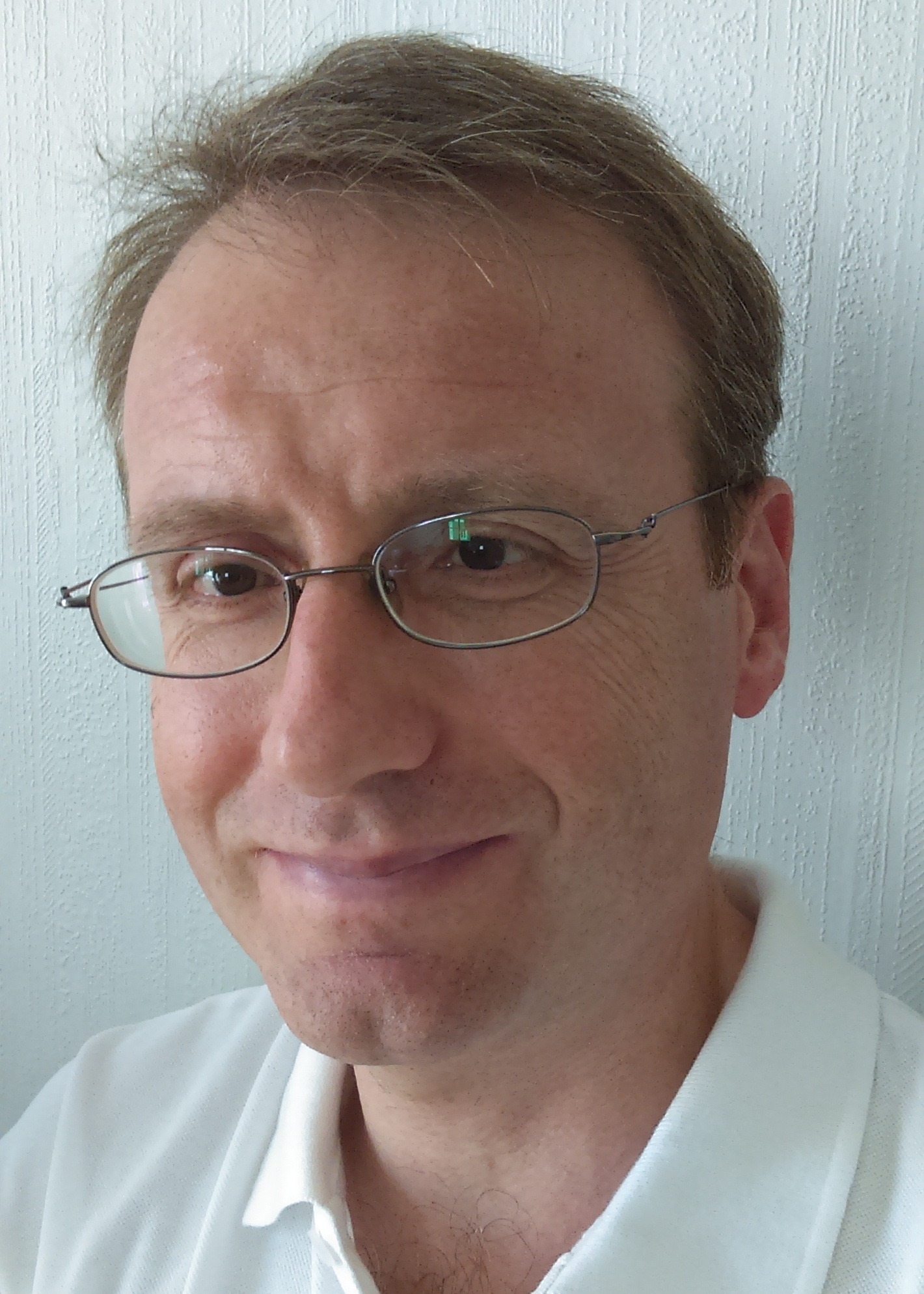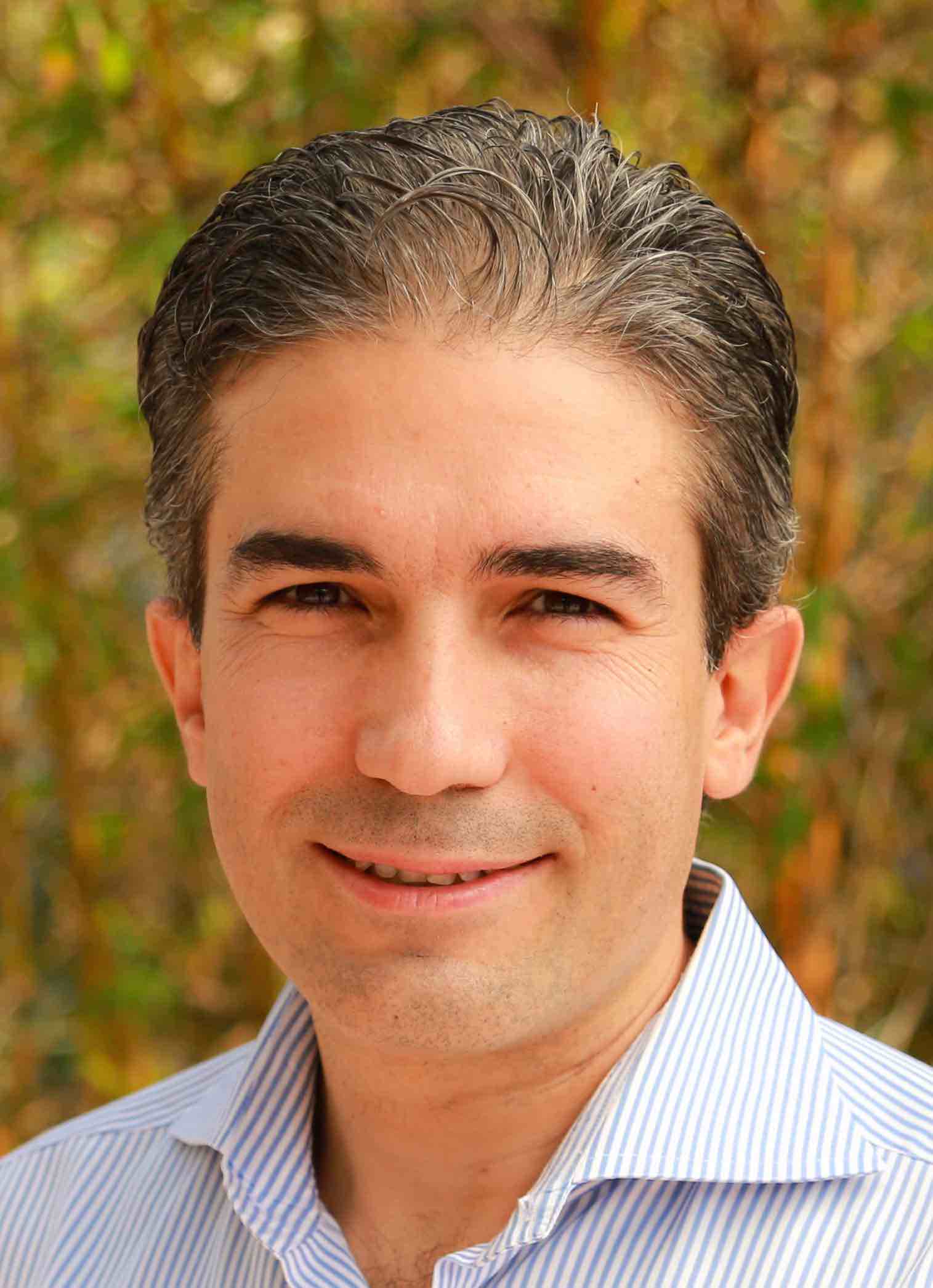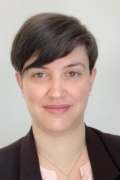Guest Speakers

Claudio Altafini (Linkoping University, Sweden, Dept. of Electrical Engineering, Division of Automatic Control)
Title: Consensus in spite of stubbornness in opinion dynamics models: theory and application to the Paris agreement case study
Abstract: In this presentation I will introduce a novel class of two-time-scale opinion dynamics models, named the concatenated Friedkin-Johnsen (FJ) model, which describes the evolution of the opinions of a group of agents over a sequence of discussion events. The model is open, in the sense that the agents can participate or less to an event, and the agents are stubborn, with stubbornness that can vary from one event to the next. Concatenation refers to the fact that the final opinions of an event become initial conditions of the next event. It is show that a concatenated FJ model can be represented as a time-varying product of stochastic transition matrices having a special form. Conditions are investigated under which a concatenated FJ model can achieve consensus in spite of the stubbornness. The model is used to describe the 10+ years of international negotiations that lead to the 2015 Paris Agreement on climate change.

Francesco Bullo (College of Engineering, University of California, Santa Barbara)
Title: Contraction Theory for Network Systems
Abstract: Using examples from neuroscience, we survey recent progress on the application of the Banach contraction principle to dynamical systems over networks. We illustrate how to generalize the basic contraction property from discrete to continuous time, from Euclidean to non-Euclidean norms, from closed to open systems, and, finally, from single agents to networks of systems. We conclude by discussing strengths and weaknesses of our proposed theory.

Maria Laura Delle Monache (University of California, Berkeley)
Title: Control strategies for mixed autonomy traffic systems
Abstract: In this talk, we will focus on how to control traffic systems with the aid of small fleets of connected and automated vehicles (CAVs) immersed in human driven traffic flow. In particular, we will show the potential to control automated vehicles to stabilize traffic flow and reduce traffic emissions. We will prove analytically and numerically how the proposed control strategies can improve traffic performance and show theoretical, numerical, and experimental results.
Sergio Grammatico (TU Delft, Delft Center for Systems and Control)
Title: Generalized Nash equilibrium seeking
Abstract: Generalized Nash equilibrium seeking problems arise in several engineering application domains, e.g. in smart distribution networks, where autonomous agents aim at optimizing their individual objective functions subject to operational constraints and limited information. In this talk, we review the available theory and computational methods for generalized Nash equilibrium seeking from the dual perspective of monotone operator theory and dynamical system theory.

Frédéric Jean (ENSTA Paris)
Title: Stochastic optimal open-loop control and statistical linearization
Abstract: In this talk, we propose stochastic optimal open-loop control as a theoretical framework for modeling robustness in the absence of feedbacks or when feedbacks have too long delays. This approach is particularly relevant for the study of human movements. We will show how such optimal control problems can be solved efficiently by an approximation called "statistical linearization". We will finally study the error estimates due to the approximation, the controllability of statistical linearizations and the feasibility of these methods.
